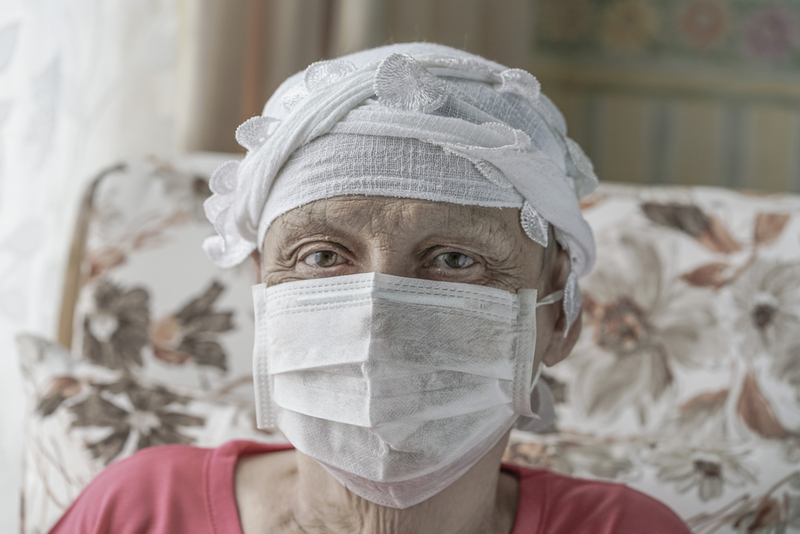The number of COVID-19 cases are expected to continue to grow across the globe in the upcoming months and that means more people will have to take extra measures to help protect themselves and reduce the transmission of the disease. This is particularly important for people with cancer, whose immune systems have often been weakened by their cancer treatments.

Does that mean people with cancer should stockpile hand sanitizer and face masks?
Oncologists Gary Schiller, MD, and Joshua Sasine, MD, PhD, help explain what cancer patients need to know about COVID-19.
Dr. Schiller is a professor of hematology/oncology at the David Geffen School of Medicine at UCLA and director of the hematological malignancies/stem cell transplantation unit, and Dr. Sasine is an assistant professor of medicine and director of the CAR T cell program at the UCLA Jonsson Comprehensive Cancer Center.
Which cancer patients should be concerned about coronavirus?
Sasine: The patients most at risk are those with bone marrow cancers or who have had a bone marrow transplant within the last 12 months. If patients have cancer and are on active chemotherapy, they are also at a higher risk than the general population. This is especially true if they are over the age of 60.
Schiller: Bone marrow transplant recipients who received bone marrow from other people are the most immunocompromised patients we take care of and the group at greatest risk for sustaining a life-threatening complication from an infection.
What does it mean to have a compromised immune system?
Sasine: The body's white blood cells normally clear out infections, like bacteria, viruses, and fungi. When the cells have either decreased in number, function, or both, the immune system is compromised. This can be due to having cancer, HIV, getting chemotherapy, and many other situations. This means that a person is more likely than others to contract an infection and the infection is likely to do more harm than average. It might also last longer.
Are there precautions cancer patients should be taking?
Schiller: Patients who are immunocompromised need to be wary of going into crowds, should maintain good hand washing techniques and should stay away from individuals who have a cough.
Sasine: For most events, canceling plans is ideal. However, sometimes one must weigh the risks and benefits. If there is a very important event (son or daughter is getting married, etc.) this might be a risk worth taking.
Should cancer patients delay travel plans?
Schiller: For patients with malignancies of the blood and bone marrow, and patients who had bone marrow transplants, I absolutely tell them to delay travel. Don’t travel right now.
Is it safe for patients to come to the hospital and clinics for treatment?
Schiller: Yes. We’ve been working to develop better isolation procedures and policies to isolate the potentially sick patients from our immunocompromised patients. For example, bringing the potentially sick patients in through a different entrance to isolate them in the waiting room and put them in an isolation room for evaluation.
Should patients be wearing a mask or stockpile hand sanitizer?Schiller: A mask is not sufficient protection and we’re concerned that if you wear a mask, especially one that is insufficiently protective, then you have a false sense of security and you may put yourself in a position that might compromise your safety. In regards to hand sanitizer, I would like my patients to stockpile on soap and water. That would be more effective than using hand sanitizer repeatedly.